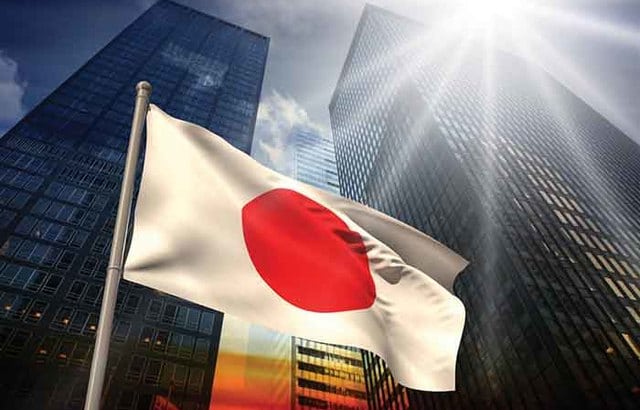Under Abe’s ‘Abenomics’ reform programme, Japanese equities have rallied strongly in recent years, prompting many investors to reconsider their allocation to a country which has disappointed so often in the past.
However, while the chances of an upset are slim at best, there are concerns that a large victory for Abe this weekend could encourage him to alter Japan’s pacifist constitution, at the expense of a continuation of the positive economic reform momentum.
“It is effectively impossible for Abe to be removed from power, as the opposition simply does not have enough candidates to fill the beats needed to win a majority, said Archibald Ciganer, portfolio manager of the T Rowe Price Japanese Equity Fund. “However, a strong opposition voice might not necessarily bad for the country right now.
“Abe is currently pushing forward on revising the country’s pacifist constitution, to fulfil his ambition to reintroduce the Japanese military. Opposition voices are keen for Abe to forgo these efforts and accelerate economic reforms, which in turn would continue to boost the domestic economy and the local equity market.
“Therefore, if we were to witness a weaker majority for Abe and a stronger opposition voice, we would view this as a positive for the overall direction of Japan.”
Sleight of hand
Joel Le Saux, manager of the Oyster Japan Opportunities Fund at SYZ Asset Management, said Abe’s decision to call a snap election some 12 months before the official deadline has largely been perceived as a political sleight of hand.
“Behind Abe’s call for Japan to rally against the North Korean threat, is a will to capitalise on improving polls and consolidate power,” said Le Saux. “While Abe’s coalition government has a two-thirds majority, Abe’s approval rating, while improving, is at the lower end of a six-year tenure rocked by a string of mini-scandals. Therefore, there is risk on the table.
“Abe will put his faith in his economic record, which has seen six straight quarters of growth and the revival of the Japanese stock market – which has hit multi-decade highs. It is a high stakes outcome for investors. A win means a fresh lease of life for Abenomics and market support, while a loss will likely bury his economic project and threaten market stability.”










